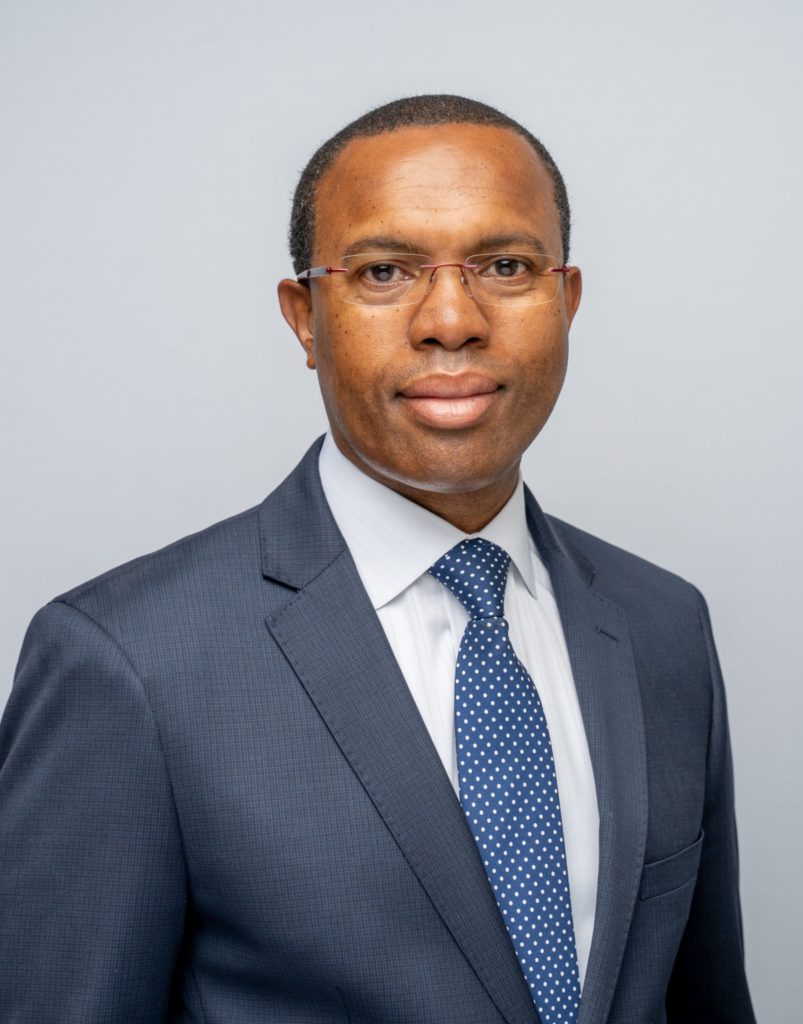For most people, retirement is tied to a magic age. We often hear ‘when I reach age 65, I want to retire’. For others it could be age 55, 60, or 70. Some may never plan to retire until they are forced to, often by health, or other circumstances.
What does retirement mean to you? For each person it could mean something different. Most of us think about retirement as when we stop working, and as it approaches, we begin thinking about what comes next. You may be looking forward to not having to be somewhere, having little or nothing to do, time to pursue activities you had no time for while working, or perhaps jet-setting to places you have always wanted to see.
A new way of looking at retirement is a time to change course and create a new path and purpose for our lives.
How do we do this? To retire successfully one needs a sound retirement plan and the ability to keep our emotions from derailing that plan. There are several items I review with each of my clients to help them define their goals and create their individualized retirement plan. These include: income needs, income sources, investment strategy, income generation, tax considerations, risk management, health considerations, plans for life changes, estate planning, and most importantly, helping you define your purpose.
A big part of retirement planning is about defining your goals. What is important to you, what are your passions, purpose, and path that will define this new chapter of your life? This will provide a starting point that will drive the other parts of your plan, such as: do I come to a full stop from working, do I reduce to partially working, and how will I wind down eventually?
What else may change? Will I change my home? Does my current home meet my new needs? Do I want or need to make changes if I stay? Does it make sense to downsize? All these housing and activity needs and desires, will impact the income needed to fund retirement.
This leads to how much is needed and where will it come from. Will your income needs be funded from pensions, partial work income, or from investment drawdown? Does your investment strategy line up with your income needs? Have you looked at income tax considerations? Are we prepared for living expenses, lifestyle expenses, and unexpected expenses?
How does a change in health impact our plans and needs? What happens if a spouse or partner becomes ill, or passes away, how does that change things? A good plan should have our money outliving us, and a plan for who and where it should go upon our passing.
How do we want to be remembered? What purposes will drive us? How will we define our legacy? What kind of impact will we have? Will our life be one that is well lived where we positively impacted our families, friends and community?
When we have answered all these questions, and craft a plan that continually addresses these, we are on the road to a successful retirement.

